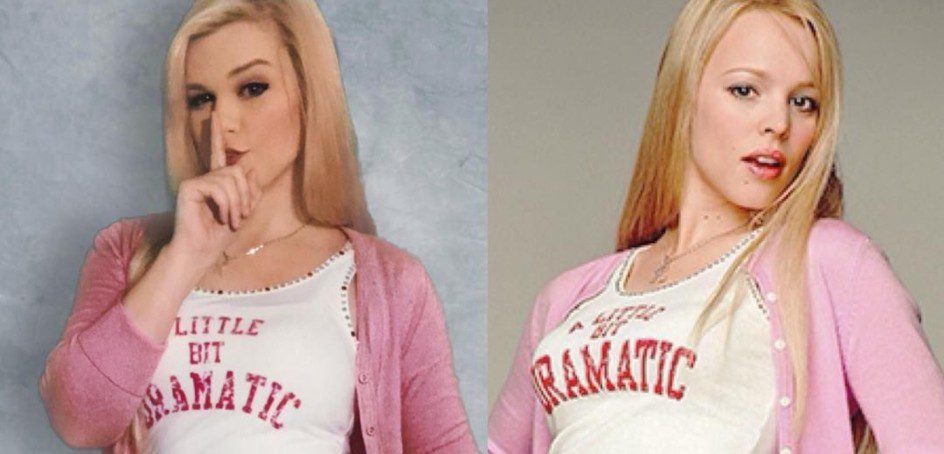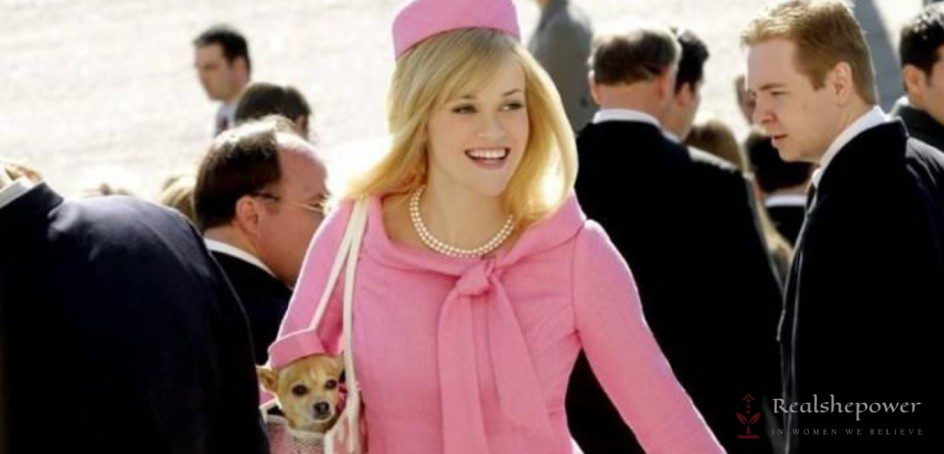How Hollywood Demonizes Femininity: The Girly Girl Trope


“There’s a new girl in town, and she’s called the “feminine girl,” but this time she’s not here to be your friend.” Hollywood portrays women in a specific way for their viewers – they are weaker than men, passive, emotional, and vulnerable. They are portrayed as having an innate need to be protected by men who are stronger than them. This portrayal is what helps fuel the trope of the “feminine girl” – the idea that women need to act like they’re some damsels in distress. In the article, I’ll discuss the trope of girly girls, and how Hollywood demonizes femininity by making female characters seem vain and superficial.
What is a Girly Girl Trope?
A girly-girl trope is when femininity is portrayed in a bad light. It’s used to demonize anything that isn’t considered “masculine” or “normal.” This can be in the form of toys, clothing, etc. It is a widespread sexist stereotype that portrays women as a constantly evolving, obnoxious, and constantly crying caricature of the standard feminine ideal. The trope manifests in a number of ways including girls smiling constantly, wearing gender-specific clothing, and being surrounded with almost everything in pink colour. The Girly Girl Trope often pits women against each other and reinforces the idea that one woman who has “gone too far” should be punished.
The hate for pink is real!
I guess the only thing more hated than pink is the term “girly girl.” Such a moniker has been used in movies and TV shows to insult women for being feminine. The phrase is commonly used when describing a woman who is too prudish, frilly, or hard-to-figure-out. Pink is used as a symbol of femininity, yet it is also seen as one of the most hated colours by men.
The girly girl trope is a prime example of how Hollywood demonizes femininity to create a gender binary. The girly girl trope is a sexist caricature of femininity that is often seen in media. It depicts women as soft, sensitive, and frail. These stereotypes are reinforced through the use of pink products, which are deemed for girls to use. Pink has become the color of femininity, which is now seen as weak and silly. This shaming is something that many women feel to this day. It almost seems like Hollywood loves to demonize femininity.
There is the image of the perfect woman in Hollywood that is typically white, slim, slender, and in high heels with a pink dress. This archetype has caused many women to feel uncomfortable with their body shapes and struggles to live up to these ideals. There is a trope in film and TV that describes a woman who is feminine and girly in personality. This trope is often seen in movies and TV shows when women are portrayed as materialistic, weak, and silly. The image of the “girly girl” often is used to make fun of these women for being feminine and girly, despite the fact that they may not be “feminine” like the stereotype dictates.
When we associate femininity with something more negative or less valuable, we are more likely to perpetuate the idea that femininity is bad and not valuable.
A real woman can do anything she desires. A girly-girl is only restricted by the ideas of society, which dictate how women are supposed to act in certain situations. Whether they’re playing sports, being career-driven, or even just doing their laundry, a girly girl is always doing it in heels for some reason.
Is being a girly girl or feminine bad?
“Femininity is good. It is natural. It is true.”
Whenever we see Hollywood depicting women as sexually appealing, seductive, and manipulative creatures who are only intelligent if they are masculine-looking, we need to remind ourselves that these ideas set up double standards where femininity becomes an insult and masculinity becomes an award.
Femininity isn’t an insult. It’s something to be proud of.
People imagine a “girly girl” as a woman who loves shopping, enjoys spending time with friends and is unable to achieve anything in her life. While this is not the truth, it’s the only image that Hollywood has been portraying for decades.

For me, Elle Woods from legally Blonde is a feminist icon
I love this film and Elle Woods character where she celebrates her interest in feminine-coded pursuits like shopping or her penchant for the colour pink. Elle Woods inspires women of all ages to strive for what they want. She is a smart, career-driven and girly girl who makes her own rules. It’s amazing to see how she realises the importance of creating her own success, instead of seeking validation from others without losing her femininity or simply put love for everything pink.
Conclusion
Hollywood has portrayed time and again the feminine role in society seem like it’s not important, they make it more difficult for women to be confident in their identity and who they are. This caricaturing has to end.
It’s time for us to embrace our femininity and work it in a way that is most comfortable and beautiful for us and be rest assured that we will always receive validation regardless of how society perceives us.
We all need to be able to celebrate femininity because there should be no shame in being a woman.
Written by Pragya Singh

It’s an excellent read. Though it will be great if the author can bring up more girly girl examples or highlight a little extra on the positives of the feminine.
American culture is obsessed with femininity like crazy & not in a good taste at all.
I have been shamed for loving pink, I definitely know that it wasn’t my liking for pink but the hate was for me and my gender.